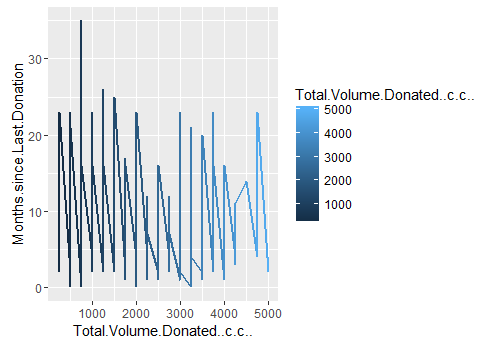Sold! How do home features add up to its price tag?
I begin with a new project. It is from the Kaggle playground wherein the objective is to build a regression model (as the response variable or the outcome or dependent variable is continuous in nature) from a given set of predictors or independent variables. My motivation to work on this ... [Read more...]





